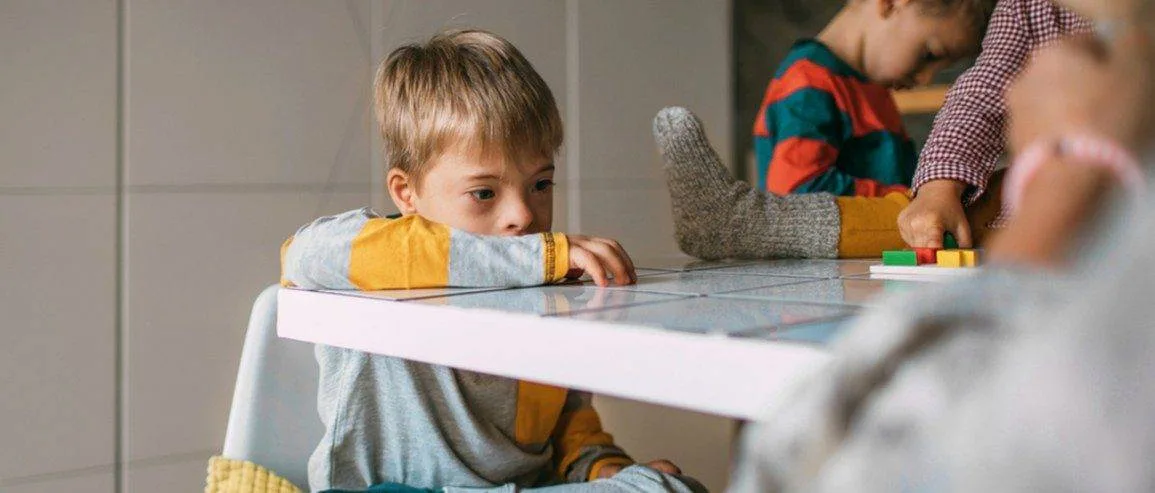Divorce isn’t easy for people of any age, and it can have lasting impacts on your children. Many parents often worry whether there is a particular age at which divorce is most traumatic for children.
The short answer is that divorce affects children of all ages. It’s probably the hardest on children between the ages of 6 and 12 years of age. But if you and your partner have determined that it’s not going to work out, it may be best to go your separate ways knowing that children are resilient and there are strategies you can use to ease the emotional impact on the children.
Under the Age of 3
There’s a popular misconception that memory starts at the age of 3. However, researchers have found that memory likely starts earlier, but until we’re older, it’s more like a video that’s constantly being recorded over.
A 3 year-old may, for example, remember their parents fighting when they were 2 years old. It may make them upset to recall such incidents, but as they grow older they may have no recollection of these fights.
Whilst divorce on children under the age of 3 may be difficult for a time, it is a very adaptable age.
Ages 3 to 5
Between the ages of 3 and 5, children are developing more of an understanding of the abstract. This does not however mean that children of this age group understand the concept of divorce. In fact, they’re likely relying heavily on the security and stability of their parents’ presence as they branch out into new and unknown experiences and feelings. If parents are fighting, children of this age group may feel strongly that their world is being rocked in scary ways and some children may feel that things are their fault. They may have trouble sleeping or want more control. They’re likely dealing with so many emotions that they really don’t know how to sort through.
To ease the negative impact at this age, try to keep things with your partner as amicable as possible, especially in the presence of your children.
Ages 6 to 12
This is considered to be the hardest age group for children to deal with the separation or divorce of their parents.
The reason for this is that children in this age group are old enough to remember the happy memories from when you were a family unit. They’re also old enough to understand more complex emotions around conflict and fault, although not always fully.
Unfortunately these complex emotions in children of this age group can lead to your child or children suffering from depression Your child or children may become withdrawn, uncommunicative, and anxious. Your child or children may furthermore lash out in anger at you or your partner or attempt to play one of you off against the other.
As with younger children it is advisable to be amicable with your partner in front of the children whilst they attempt to work through the divorce process. A child psychologist or professional therapist may be helpful to some children of this age who will be able to provide emotional support to the child or children.
Teenagers
Teenagers are more capable of understanding the underlying emotions and feelings which lead to their parents divorcing. Teenagers are less likely to feel like they are at fault for the divorce and some may find that their parents divorcing is a relief especially in a home where there is a great deal of animosity or fighting.
Teenagers tend not to question their parent’s love for them as they generally want to get on with their own lives. They are effectively more accepting of divorce. Some teenagers may require therapy to process their feelings and emotions. It is critical for parents to understand that divorce is a stressful time for children of any age. Parents need to resolve conflicts as quickly as possible, and not rely on the assumption that the child or children “will just get over it.” If parents concentrate on the post-divorce period and encourage the child or children to continue their relationship with both of them, children will adapt far easier to the divorce, which long term will only serve to benefit their emotional well-being.
For direct answers to your specific personal questions, please contact us directly.
Read more about our child law services.
Author – Kate Bailey – Hill





